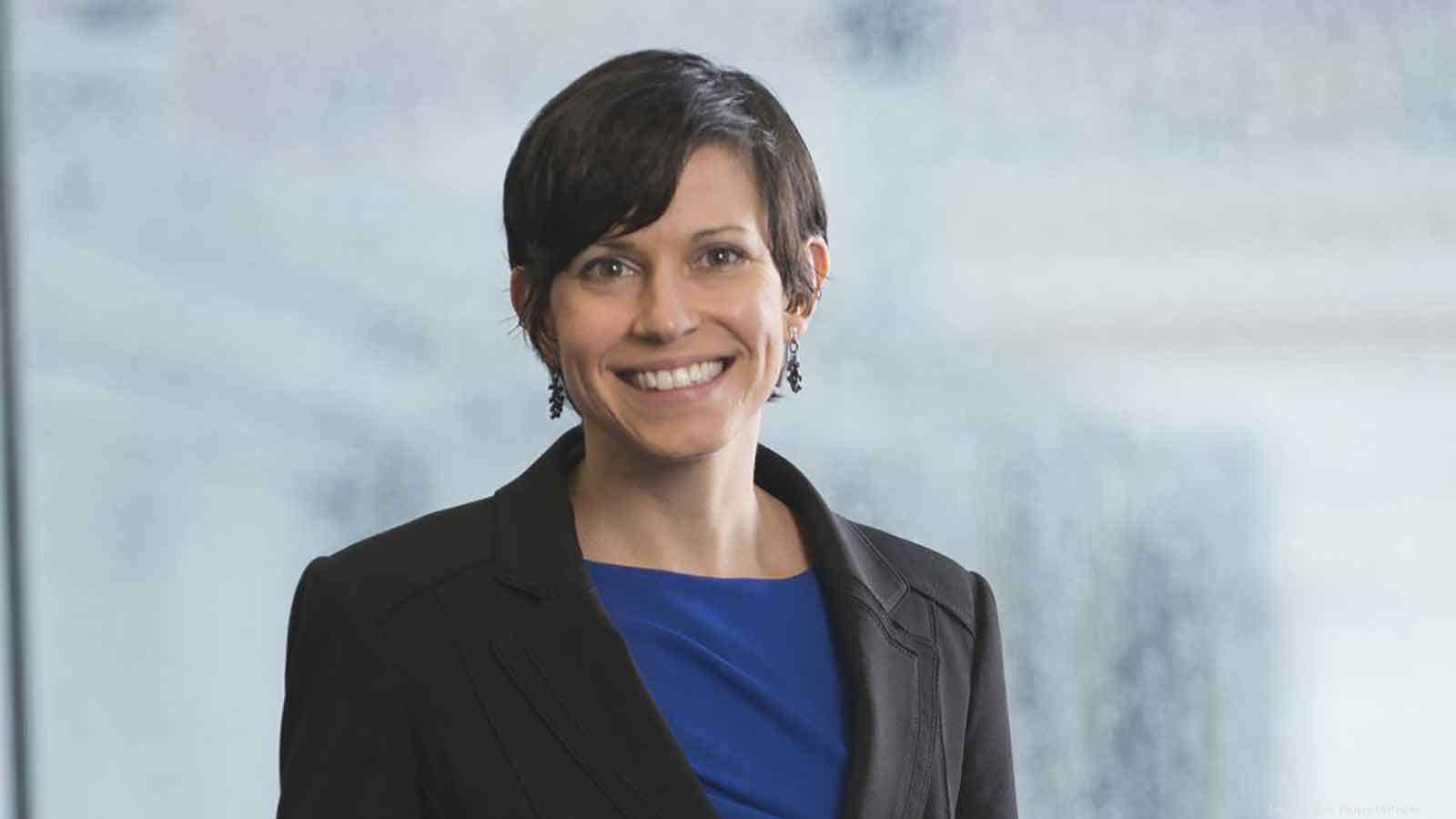— Don’t be afraid to let your medical career meander
by
Sylvie Stacy, MD, MPH
April 28, 2024
Stacy is a preventive medicine and addiction medicine specialist.
Since finishing residency, I have not practiced in a hospital or traditional outpatient office. My clinical work has been in less conventional healthcare delivery settings, such as correctional facilities, methadone clinics, and virtual practices. I’ve also held non-clinical jobs as a medical writer, utilization management reviewer, and support specialist for electronic health record implementations and clinical documentation improvement programs. In addition, I’ve used my medical skills on the side for consulting engagements with law firms, investment firms, and business strategy firms.
The multifaceted nature of my career is not unique. There’s a clear interest among medical professionals in exploring alternative career paths. Burnout and wanting better work-life balance are common drivers.
Yet, a lot of physicians hesitate to make a change. This is often due to misconceptions about transferability of their skills, moral obligations of being a doctor, and financial viability of non-traditional roles. Many doctors mistakenly believe their only option for a meaningful career pivot is leaving medicine entirely.
The truth is, there’s a broad spectrum of fulfilling, lucrative career options for physicians that are off the beaten path, yet attainable.
I’d like to share three (of many) lessons that I have learned throughout my unconventional career, in hopes that you may be inspired to let your medical career meander.
Career Progression Doesn’t Always Mean Climbing a Corporate Ladder
I began my medical career by working for a correctional healthcare services provider as their corporate medical director. I hoped to one day move “up” to chief medical officer or to a similar role at a larger healthcare corporation.
But that is not the career path I ended up taking. I’ve moved further sideways than upward.
Despite this, I have experienced significant career progression. My progression hasn’t been in titles or traditional corporate achievements, but rather in the expansion of my skill set, accumulation of experiences, broadening of professional options, and increase in income. Without an emphasis on moving “up,” I’ve been able to focus on career choices that match my personality and interests, as well.
Career progression is deeply personal. Professional fulfillment for you may not match that of your peers, your bosses, or the doctors you follow on social media. And that’s OK.
Your Expertise Spans Beyond Your Medical Specialization
Medicine has become more specialized over time. Due to the structure of the healthcare system and U.S. medical training, we often become confined to our chosen specialty, repeatedly performing a specific set of procedures, prescribing a narrow range of medications, and seeing patients within a certain demographic.
Physicians working outside of conventional practice environments, however, are often seen as general experts in medicine — the definition of expertise broadens significantly.
What exactly you’re considered an expert in varies depending on where you work and the type of work you do. For clinical work, completion of a residency, board certification, and state licensure are routinely required to demonstrate competency and qualification. But in roles that don’t involve patient care decisions, the criteria to demonstrate your expertise can often be expanded. Practical experience and self-study, for instance, might carry more weight.
We often underestimate our qualifications for roles outside of direct patient care, such as jobs in the pharmaceutical industry, at insurance companies, or in media. Our training and experience give us a broad base of medical knowledge that can be applied in diverse ways.
Recognize that your value as a physician extends beyond your medical specialty. We’re capable of making great contributions in various types of organizations, sectors, and industries by using our medical skills as a foundation.
People Won’t Judge You for Doing Something Atypical
Most doctors have some degree of apprehension when they start down an unconventional career path. They feel uneasy about how others will perceive their career choices. I certainly did.
The traditional image of a doctor — dressed in a white coat, tirelessly caring for patients — is ingrained in our minds and we feel a sense of duty to fulfill it. Moreover, many medical trainees pick up on the concept of “paying your dues” through a grueling clinic schedule or a high-stress patient care environment. These mindsets can come at the expense of personal well-being.
Perceived judgment from peers, mentors, family, and even patients are also to blame for our personal doubts. We ask ourselves questions like, “Am I wasting my medical training if I transition my career?” or “Why can’t I just stick it out with the job I already have?”
However, my experience suggests these fears are unfounded. Starting my post-residency career with minimal direct patient care or on-call responsibilities, I braced myself for criticism that never came. I thought my decision to work in correctional medicine would be met with skepticism. It wasn’t! Instead, my choice seems to spark interest when I share it with others. Many even express gratitude that I work with an underserved population in a setting that is often overlooked.
I have witnessed similar scenarios among my peers. In general, physicians overestimate the judgment they’ll face when considering an unconventional job.
The depth and breadth of what you can do with a medical degree has grown. And our work as physicians is valued regardless of where and how we do it. Follow the path that feels right for you, rather than getting caught up in worrying about others’ perceptions.
Admittedly, if your career path is atypical, you may need to put in extra effort to articulate your experiences and qualifications to recruiters, hiring managers, and your professional network. But you can be confident that they will respect the diverse ways you have contributed to healthcare and patient outcomes.
Don’t let the fear of judgment hold you back from exploring job opportunities that align with your personal interests and life goals.
Sylvie Stacy, MD, MPH, is a preventive medicine and addiction medicine specialist. She is author of “50 Nonclinical Careers for Physicians” and “50 Unconventional Clinical Careers for Physicians.”





